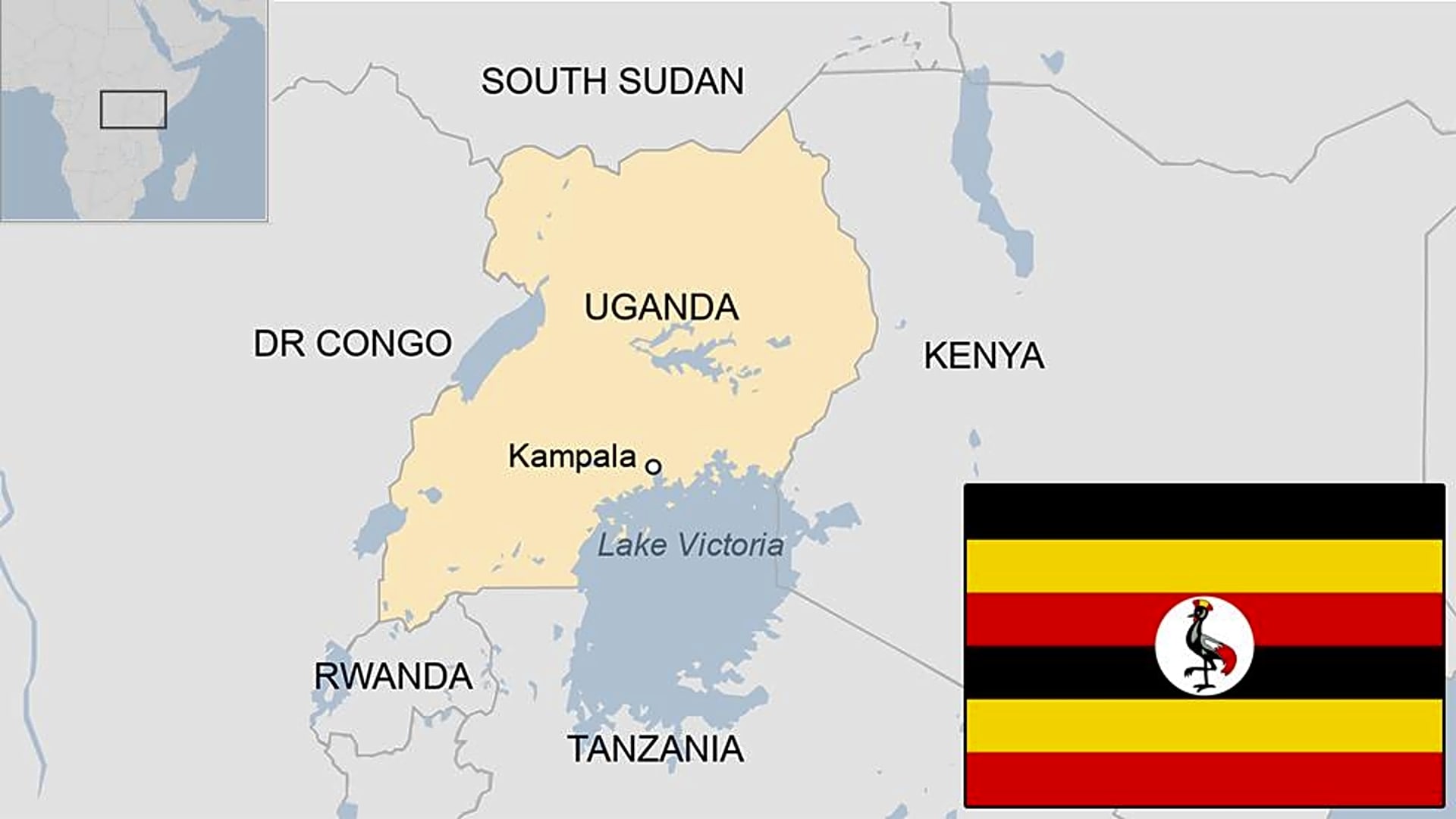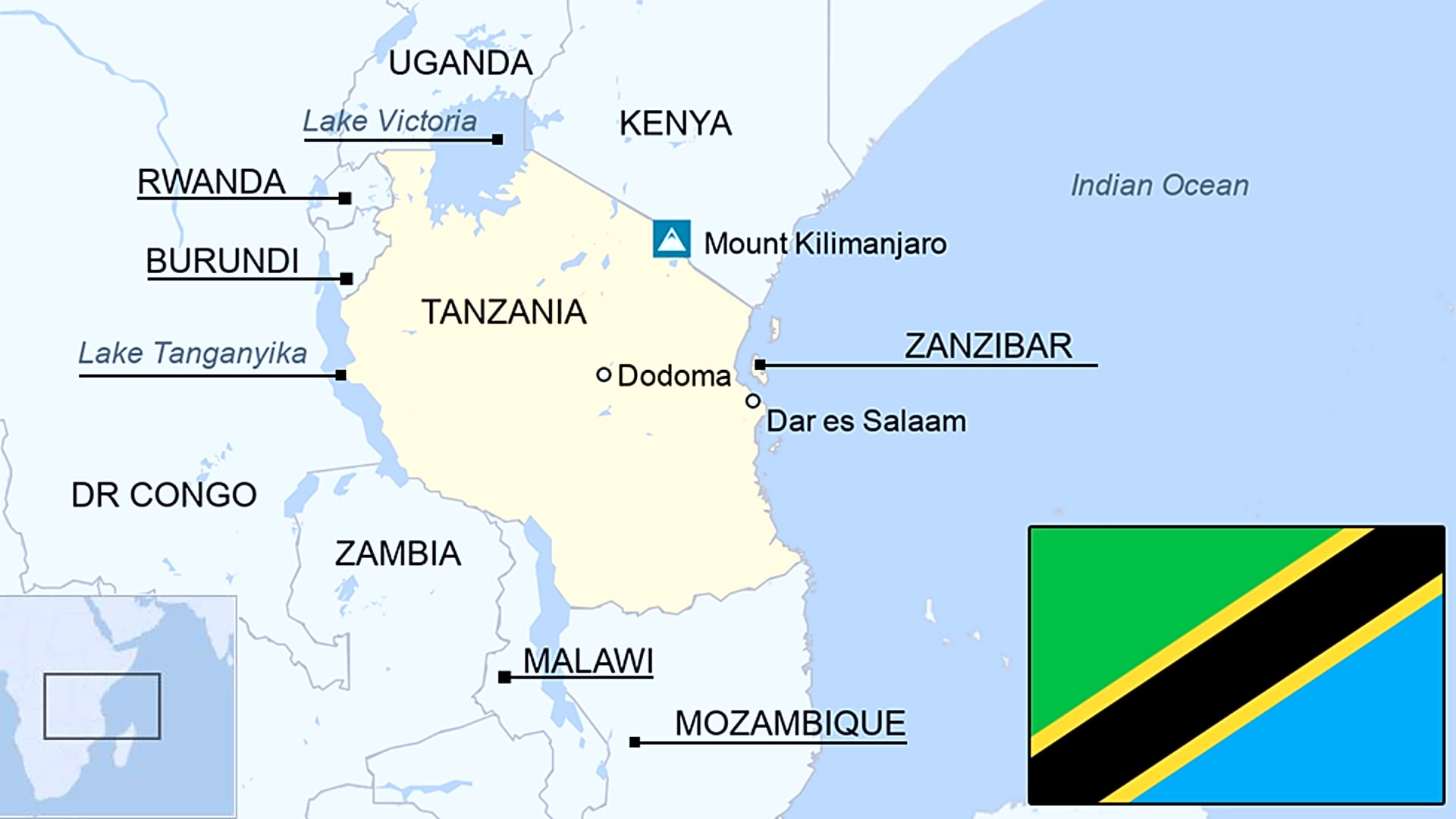Summarized by AI Model:sshleifer/distilbart-cnn-12-6
Professor Bart Nnaji, the founder and chairman of the Geometric Power Group, announced the institute's creation . The institute will concentrate on the study and development of robotics and artificial intelligence . He also discussed the significance of bringing top-notch management and economics programs to Nigeria in order to boost the nation's competitiveness .Under the direction of Professor Bart Nnaji, the founder and chairman of the Geometric Power Group, Nigeria is planning to open an institute devoted to robotics and artificial intelligence. During a speech commemorating the impending 100th anniversary of Bigard Memorial Seminary in Enugu, Nnaji, a former Minister of Science and Technology and subsequently Minister of Power, announced the institute’s creation.
With certificates in intelligent machine technologies, autonomous systems design, and the creation of clever algorithms with little human involvement, the new institute will concentrate on the study and development of robotics and artificial intelligence. Nnaji revealed that despite the institute’s 2017 submission, the government delayed four years to acknowledge the project’s significance for the country.
Citing Vietnam as an example, which produces 90,000 STEM graduates a year, Nnaji stressed the importance of STEM education in Nigeria in order to propel the nation’s development. He urged the Nigerian government to prioritise the development of STEM talent in order to create a competitive atmosphere for multinational technology firms. Nnaji also discussed the significance of bringing top-notch management and economics programs to Nigeria in order to boost the nation’s competitiveness. In comparison to Nigeria’s $25 billion yearly earnings from crude oil, he emphasised the success of businesses like Nvidia, which generated $15.3 billion in profits last quarter.
Nnaji also suggested that Bigard Memorial Seminary think about improving its academic offerings, providing postgraduate degrees, and partnering with foreign or Nigerian universities. With an emphasis on raising academic standards, he urged the institution to consider becoming a full-fledged university after a century of operation. Nnaji’s vision for a future in which Nigeria contributes significantly to global technological growth is reflected in the proposal for the AI institute and the recommendations for educational changes.


